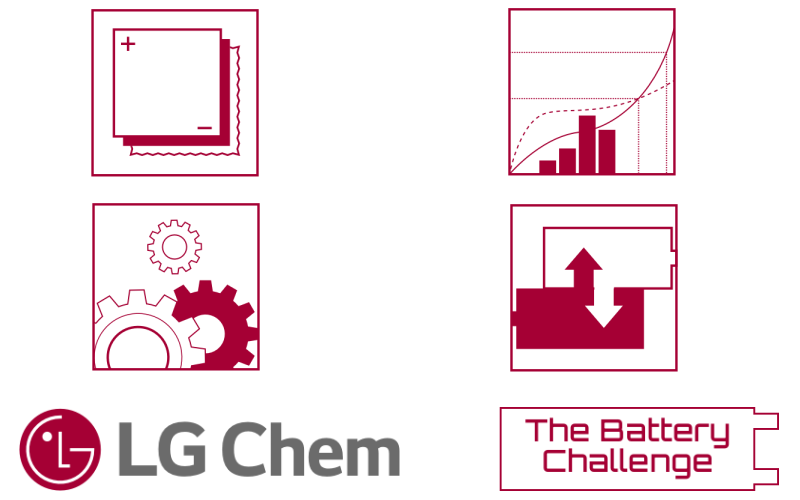Time is running out for energy storage startups to submit applications for LG Chem’s Battery Challenge, which seeks innovations that will help provide clean and abundant energy for all.
There’s USD $100,000 in cash prizes and eight selected finalists will have an opportunity to partner with LG Chem, with $1.9 million available through formal partnership agreements and the potential for further funding from LG Chem and LG Technology Ventures.
It could be a good opportunity for cash-strapped startups wanting to get their foot in the door with a major player and a very cheap way for LG Chem to get a look-in on what could be the next big things in battery storage technology.
“Disruptive innovations are required in new battery technologies, and I believe that it would be started with game-changing ideas of startups,” says Dr. Youngduk Kim, LG Chem’s Vice President of Technology Strategy
There are four categories in the Challenge:
- battery material
- battery management and control
- design, manufacturing and processing
- recycle and regeneration
While LG Chem has a focus on lithium-ion, the Challenge will accept applications relating to any electrochemical storage technologies. It is preferred that applicants have a validated concept and a working prototype.
It should be noted that LG Chem will not sign an NDA (non-disclosure agreement) in relation to applications – applicants are expected to be responsible for the protection of their own Intellectual Property .
“All applications (including all material contained in, or included with, an application) become the sole property of the Program Sponsor upon submission,” states part of the Terms and Conditions.
Applications close on November 2, with finalists announced between December and January. Those who make the cut will then be sent on a sponsored trip to Silicon Valley to pitch their tech to LG Chem’s researchers and innovation team. From that event, eight final participants will be selected and sponsored to visit LG Chem’s headquarters in South Korea, where the potential for commercial partnerships will be discussed.
The initiative is being support by CalCharge, a California Clean Energy Fund (CalCEF) public-private partnership working to accelerate development, commercialisation, and uptake of new energy storage.
Further details regarding the LG-Chem Battery Challenge can be found here.
Established in 1947, LG Chem is active in developing energy storage solutions for various applications including e-bikes, electric cars and home solar battery storage, with LG Chem RESU battery systems quite popular here in Australia.


 RSS - Posts
RSS - Posts



Speak Your Mind